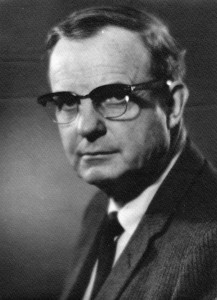DragoonKain
Neighbours from Hell
I’ve always thought the love a parent has for their child is innate, I mean you even see it in the animal kingdom. And whenever a human gives birth to a child the love is so pure and unconditional.
However, I watch a lot of documentaries and when you see them you remember that in centuries past, it was not always the same way. Different cultures had different traditions and values. I’m sure plenty of parents no matter what century loved their children. Of course they did. But you also had cultures where if a child was born disfigured they’d be considered “not worthy” and would be killed because they disgraced the family name. Or some people in ancient times, especially leaders, would only want boys for children because women wouldn’t be considered heirs. So they’d have girls “dealt with” and kept trying until they had boys.
Children in old times were used as bargaining chips to consolidate power, by marrying them to other leaders to form alliances.
And you obviously had religions(and still do) where daughters were given away to some creep in arranged marriages with men they had no interest in marrying. I can’t see how you could do that to a child if you loved them, it’s so heartless.
It makes me wonder if a love for a child from a parent is something evolutionary and biological at all. I’m leaning toward it being innate and it’s just that some cultures influenced people to “unlearn it” because using children as pawns was considered necessary for survival in barbaric times, but once more sane and less brutal times emerged, these ideals started to dissipate. What do you think?
However, I watch a lot of documentaries and when you see them you remember that in centuries past, it was not always the same way. Different cultures had different traditions and values. I’m sure plenty of parents no matter what century loved their children. Of course they did. But you also had cultures where if a child was born disfigured they’d be considered “not worthy” and would be killed because they disgraced the family name. Or some people in ancient times, especially leaders, would only want boys for children because women wouldn’t be considered heirs. So they’d have girls “dealt with” and kept trying until they had boys.
Children in old times were used as bargaining chips to consolidate power, by marrying them to other leaders to form alliances.
And you obviously had religions(and still do) where daughters were given away to some creep in arranged marriages with men they had no interest in marrying. I can’t see how you could do that to a child if you loved them, it’s so heartless.
It makes me wonder if a love for a child from a parent is something evolutionary and biological at all. I’m leaning toward it being innate and it’s just that some cultures influenced people to “unlearn it” because using children as pawns was considered necessary for survival in barbaric times, but once more sane and less brutal times emerged, these ideals started to dissipate. What do you think?
Last edited:

